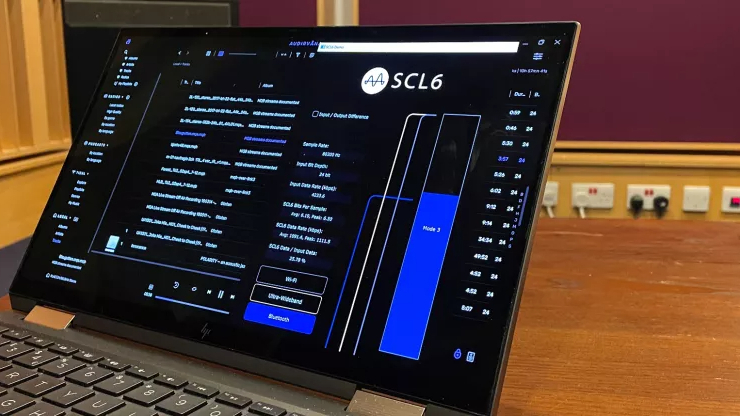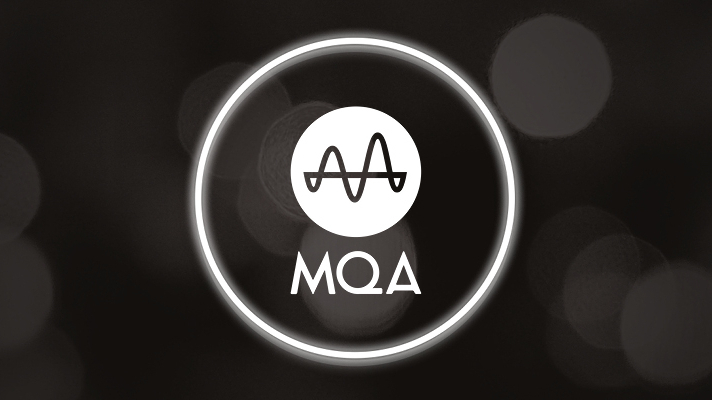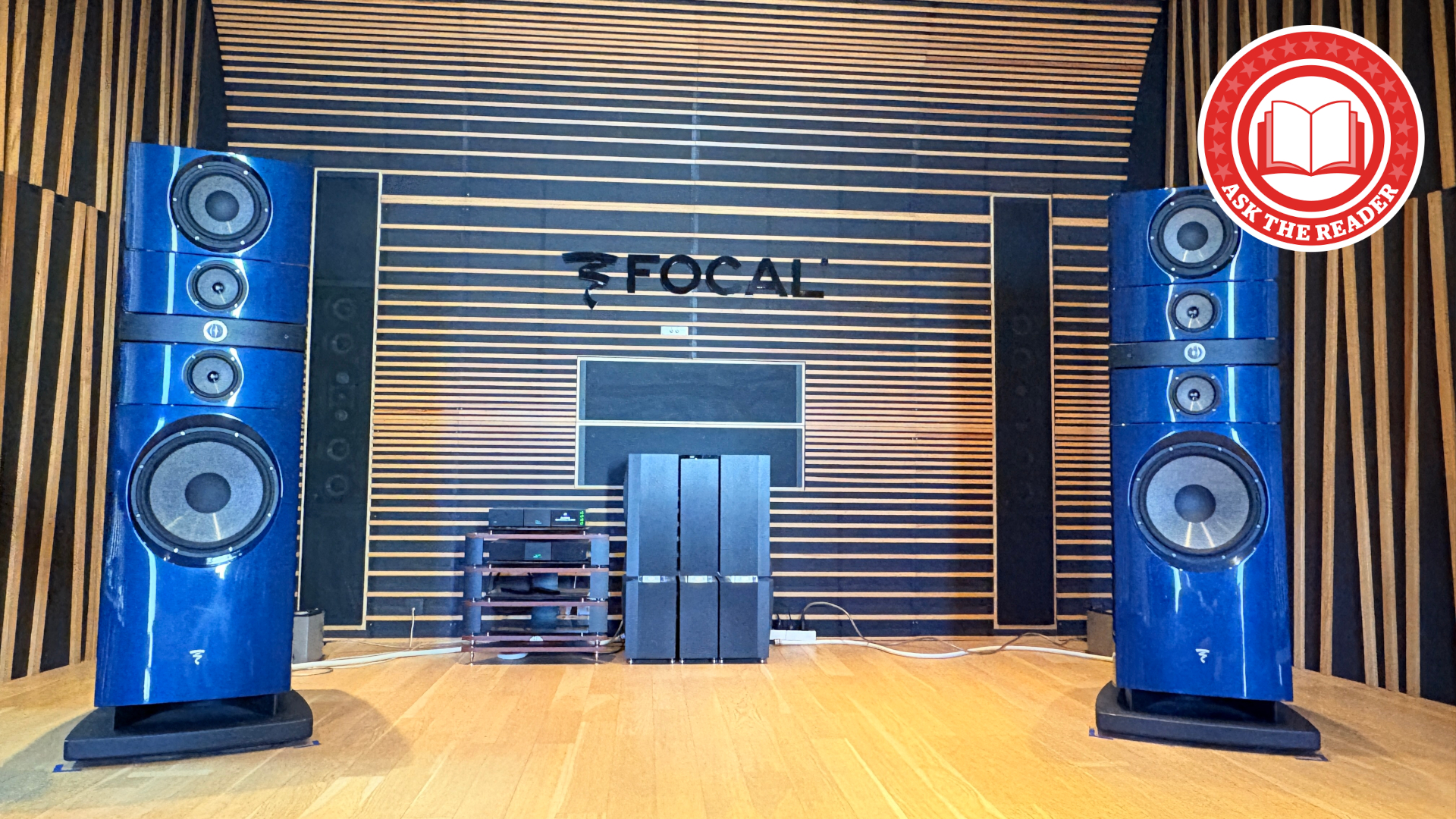It gets a lot of FLAC, but MQA's saving is a good thing for hi-fi
Lenbrook taking on MQA’s next-gen SCL6 could be a great step for wireless audio quality

This week the Lenbrook Group announced it will buy MQA, ending months of gossip about which tech brand would pick up the hi-res audio company after it went into administration earlier this year.
And while a lot of our readers make no secret of their contempt for the MQA tech most famously used on Tidal – which many see as pointless due to the existence of rivals like FLAC which don’t require special licensing – for me the news is a good thing.
This is because of one crucial line in Lenbrook’s purchase announcement. Specifically, Lenbrook would continue investing in the development of SCL6.
For the oodles of people who don’t keep up with the latest codec gossip, SCL6 is a cool technology our Technical Editor, Ketan Bharadia and Deputy Editor, Andy Madden got to experience firsthand at the end of last year.
You can see a detailed breakdown of their experience and why they found it exciting in our SCL6 hands-on. But the short version is that it has an atypical ability to work with pretty much every file type under the sun and scale based on the strength and quality of the connection it's running on. During their demo, both were amazed at how much extra information music retained while streaming on Bluetooth and Wi-Fi. During these checks, competing codecs, felt lossy by comparison.
No other in the world of codecs can currently do that, which makes it a very interesting prospect that could radically improve wireless audio quality if done right.
On the latter part, of the above you may be asking, "Yes, but is Lenbrook the right company to do this?"
The latest hi-fi, home cinema and tech news, reviews, buying advice and deals, direct to your inbox.
Sadly, that’s too early to call. Yes, Lenbrook Group has a decent number of companies under its umbrella including Bluesound, NAD, and PSB, but there are quite a few hurdles to conquer when any company tries to make a new technology mainstream.
The biggest of these is getting the wider industry behind SCL6 and getting it rolled out at scale. This hurdle was one of the biggest reasons I argued Apple would be best placed to make SCL6 mainstream, in a previous feature. I mean, with its footprint meaning, if it wanted to, Apple could make SCL6 mainstream at the drop of a hat by adding it to its AirPods, HomePod, and iPhone line of devices, which are a staple in most houses these days.

Does Lenbrook have the scale to do that? Time will tell…
However, even if it does just make it onto Lenbrook’s BluOS devices, it’s still a good thing in my mind for the same reason I think Samsung and LG’s grudge match over the future of TV panel technology is.
Competition in the market always breeds innovation. If there’s only one horse in the race there’s no incentive for companies to push the boat and invest in R&D – why would they if they’re already top and getting all the sales they need with modest updates year-on-year?
In this specific case, if Lenbrook can grow SCL6 to at least be acknowledged in specialist circles, then the tech’s very existence could lead to a wider influx of innovation in the world of music streaming as hardware brands like Apple and Sonos try and match the quality or find their own solutions.
This happened with surround sound tech when Dolby Atmos and then Apple Spatial Audio arrived and with multi-room when Sonos, in many ways, made it a thing for mainstream buyers many moons.
Achieving the same goal for Lenbrook will largely come down to whether it can make SCL6 “good” and prove the benefits of scalable, less lossy wireless hardware in general to the hi-fi community. However, on a personal level, I can’t help but feel this is entirely achievable given how impressed our team was with it when they heard it in its unfinished state and the fact Lenbrook's already done that with BluOS multi-room.
And that’s why I think MQA’s saving is a good thing for hi-fi.
MORE:
These are the best portable music players we've tested
Check out our picks of the best music streaming services
These are the best speakers we've reviewed

Alastair is What Hi-Fi?’s editor in chief. He has well over a decade’s experience as a journalist working in both B2C and B2B press. During this time he’s covered everything from the launch of the first Amazon Echo to government cyber security policy. Prior to joining What Hi-Fi? he served as Trusted Reviews’ editor-in-chief. Outside of tech, he has a Masters from King’s College London in Ethics and the Philosophy of Religion, is an enthusiastic, but untalented, guitar player and runs a webcomic in his spare time.
